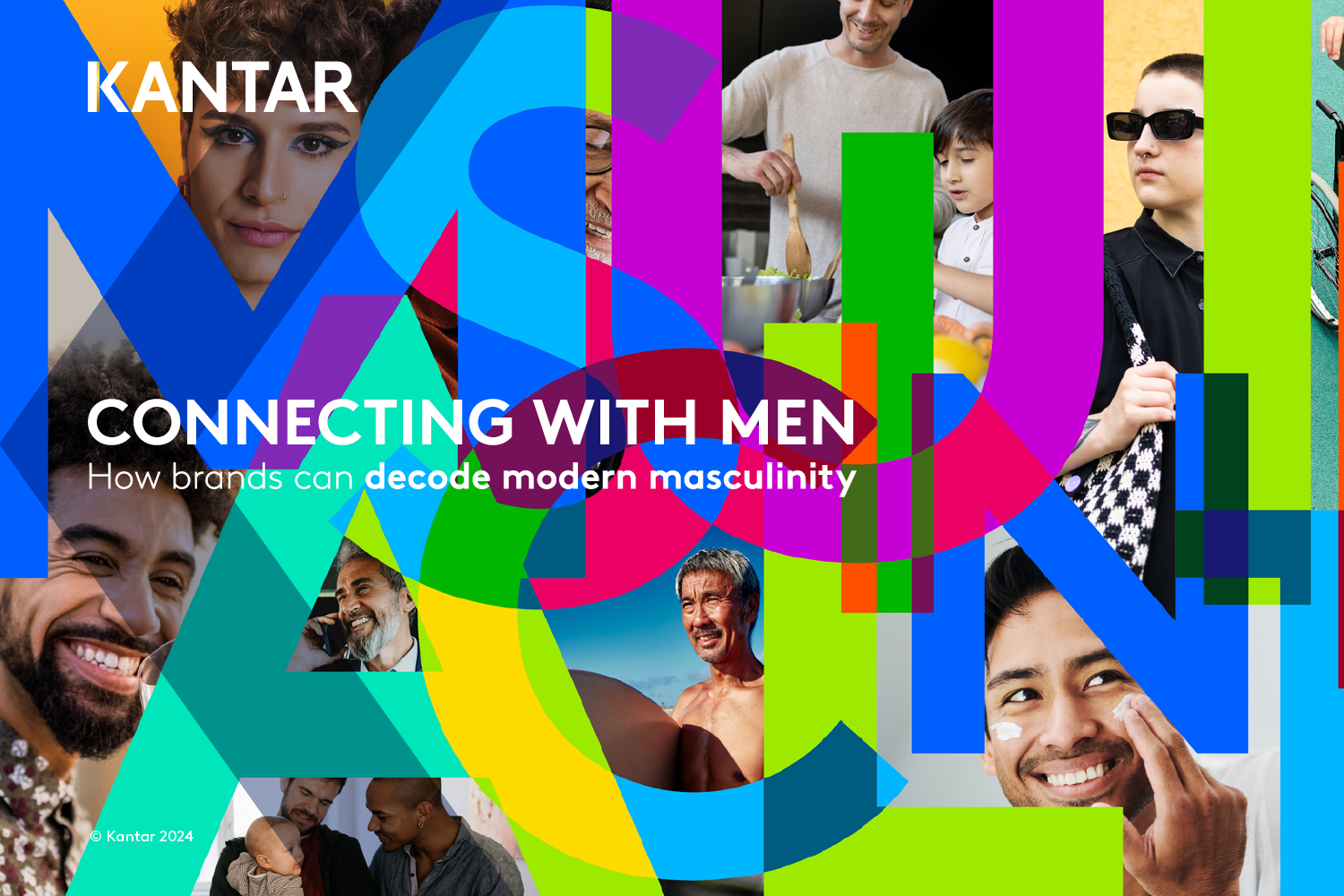Amid the rising mental health concerns and toxic role models, explore how brands can foster stronger connections with male audiences and be a part of social change.

In today's evolving landscape, traditional notions of masculinity are being challenged. Kantar's latest report, "Connecting with Men: Decoding Modern Masculinity," explores how brands can break stereotypes to build stronger connections with male audiences. The report highlights the importance of portraying men in more nuanced and authentic ways, which not only fosters better engagement but also promotes social change.
Key insights include:
- Emotional Presence: Men expressing their emotions authentically.
- Authenticity: Men embracing their true selves, free from societal stereotypes.
- Self-Care: Depicting men practicing self-care and enjoying their interests.
Key Statistics:
- 30% of men with a thinking or learning disability felt negatively represented by advertising, compared to just 7% of men with no disability.
- 20% of men with mental health conditions and 16% with any disability felt negatively represented.
- More than twice as many LGBTQ+ men felt negatively represented by advertising last year compared to non-LGBTQ+ men.
- Men account for approximately £907 million of home care usage in the UK each year, yet they are often excluded from 85% of creative strategies in this category.
- 81% of creative tests in the personal care category are conducted exclusively with women, despite men dedicating more time to personal care.
These statistics highlight the importance of inclusive and authentic representation in advertising to better connect with diverse male audiences.
Interested in more details after this short extract? Discovery the full article here. For the full report click the 'Download complete offer' button at the top.
